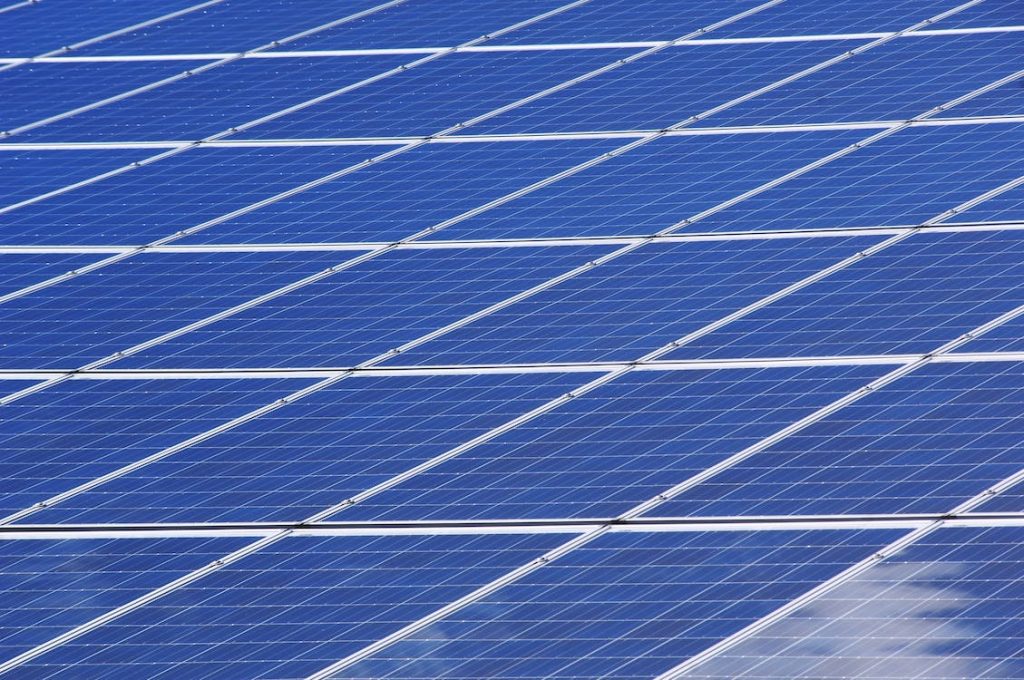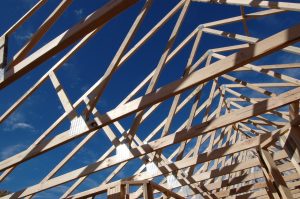Despite decades of warnings from the world’s leading scientific communities, the effects of climate change are still growing. Fortunately, a greater amount of investment, innovation and action to curb the rising temperatures has been seen in recent years, as well as a societal shift trying to promote greater sustainability in our daily lives. This primarily revolves around both better energy efficiency and energy conservation.
In this article, the team at Capital Building explore the difference between energy efficiency and energy conservation, as well as how you can make a difference when developing your next home.
What is Energy Efficiency?
Energy efficiency can be defined as the process of improving technology, systems or processes to demand less energy in delivering the same amount of work. For example, a more energy-efficient light bulb will use less electricity to produce the same amount of light as a less efficient bulb. By using less energy, you save money on your utility bills and reduce your impact on the environment by producing fewer greenhouse gases. In order to be truly energy-efficient, it’s important to look at all aspects of our daily activities – from how we heat and cool our homes, to what kind of appliances we use in our kitchen and laundry room, to how our businesses power ongoing operations and deliver offerings.
What is Energy Conservation?
Energy conservation is the process of reducing the total amount of energy used by a residential property, business or organisation. It involves looking for alternatives to practices with high energy demands, as well as ways to use energy more resourcefully in order to reduce waste. This more commonly involves investing in renewable energy sources, such as solar or wind power, but can also boil down to smaller actions, like remembering to turn off light switches in unoccupied rooms.
Energy conservation is vital because it helps to protect the environment from the unnecessary burning of fossil fuels, which release countless tonnes of harmful carbon emissions every day. It can also save you money by reducing your energy costs. When homeowners, businesses and organisations conserve energy, they often find that they can improve their bottom line, too.
Sustainability vs Energy Efficiency
One key difference between energy conservation and energy efficiency – and probably the most important – is that energy conservation involves reducing the overall use of energy, whereas energy efficiency focuses specifically on increasing the amount of work that can be done with a given amount of fuel or electricity. For example, turning off lights when they are not needed may result in reduced overall electricity usage, while upgrading to more efficient light bulbs will result in increased lighting without consuming additional power. Essentially, energy conservation offers more in terms of sustainability, while energy efficiency is better for the bottom line.
Another important difference between the two is that energy conservation typically requires behavioural changes and lifestyle changes towards greater sustainability, such as using more public transportation or carpooling instead of driving alone. Many cities across the world have actually implemented a range of programs offering incentives for commuters to take public transportation (or even disincentives in the form of tolls in certain congested areas). Energy efficiency, on the other hand, relies on changing the way energy is used and produced through investments in new technology and equipment. The problem with this, of course, is that businesses repurpose these savings into new growth, which can then result in higher energy usage in other areas, overriding the benefits offered to the environment.
Although both energy conservation and energy efficiency have significant benefits, they should not be seen as a replacement for each other. Rather, these approaches should be used together to achieve the greatest reduction in greenhouse gas emissions and overall improvements for our fragile environment. By working together to minimise our use of fossil fuels, we can make a real difference in addressing the challenges of climate change.
How to Introduce Energy Efficiency and Sustainability into Your Home
Now that we have explored the difference between energy efficiency and conservation, let’s review how we can introduce further sustainability into our daily lives. As one of the leading home builders in Melbourne, we at Capital Building are passionate about offering new ways of working, and are excited to introduce both sustainable house materials and energy efficient housing designs to our projects.
While this might sound daunting at first, you might be surprised with the savings you can receive both financially, and in terms of your carbon footprint. Simple considerations around your insulation, floor & wall structure, cladding, windows, doors, and renewable energy alternatives can make a world of difference to you, and make a major difference to the state of the wider world.
To learn more on sustainability vs energy efficiency with your property, please contact us at Capital Building by calling (03) 9857 9200, or submitting an online enquiry form today.




